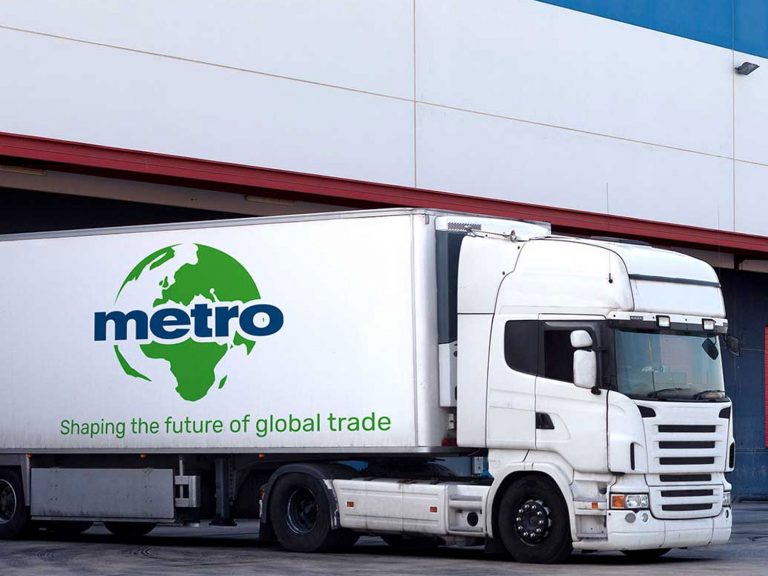
Date:
Road freight review; August 2023
Despite the European road freight sector largely showing a picture of weak recovery, amidst an uncertain, challenging and complex market environment, our European operations are expanding and the team continues to grow.
The market moderation seen in the second half of 2022 has spilled over into 2023 and as a result, the European road freight market is projected to lose speed in 2023, expanding by only 1.4% in real terms.
Ti’s latest State of Logistics Road Freight Survey 2023 reveals that 84% of road freight operators are currently experiencing increased pressure on margins as costs soar and demand from their customer base weakens.
The market appears to be recalibrating after experiencing a hefty double-digit surge in 2022, but it’s doubtful that it will return to pre-pandemic conditions, especially with capacity shortages and any jump in demand from European economies might further exacerbate the shortage of drivers.
As volumes dropped off in Q1 and 2, the correlated increase in available capacity eased pressure on rates, but capacity is often constrained by driver shortages.
The outlook is for rates to stabilise, although seasonal demand may support higher rates and they are expected to remain at a higher level than their pre-pandemic base.
Despite shrinking industrial production and rising costs, the need for road transport remains high in many sectors, with targeted growth and expansion within the EU road freight sector a strategic priority for Metro’s support of customers, particularly in the automotive, manufacturing, chemical and food industries.
Major investments are being ploughed into European rail freight infrastructure, including in the UK, while UK Export Finance (UKEF) is helping finance a high-speed 286 km electric rail connection in southern Turkey, conditional to UK exporters supplying the project.
On a less positive note, road transport in Germany is facing a drastic increase in the HGV motorway toll charge, to fund the development of rail infrastructure.
Berlin plans to increase the LKW-Maut toll for a 40-tonne truck from €0.19 to between €0.35 and €40 per kilometre, depending on various factors, from 1st January 2024, which means hauliers could face up to a 70-80% increase in road toll charges.
The motorway freight traffic toll was previously used exclusively for road improvements, but from 2024 Berlin wants the increase in road tolls from the new CO2 surcharge to be earmarked for rail infrastructure modernisation, which would be a significant boost for the rail sector.
Metro’s road freight teams are located close by manufacturing hubs in Birmingham, Desford and Wythenshawe, with new recruits recently joining the latter location and commercial teams.
To learn more about our expanded European FTL/LTL capability, including our Customs Brokerage (CuDoS) and European Distribution (EU/DDP) solutions EMAIL Richard Gibbs.
